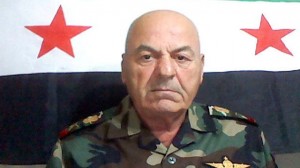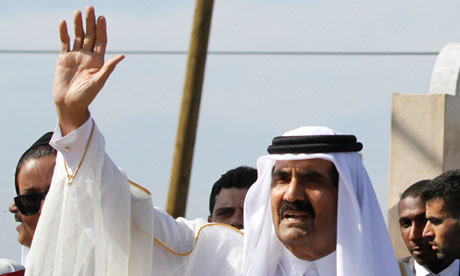By Justin Dorman
Impunity Watch Reporter, Middle East
AMMAN, Jordan – On Monday, King Abdullah II instructed the government to work with the state prosecutor to release detained protestors. One hundred and sixteen detainees are said to be released. Only thirteen detainees who had committed crimes previously will remain incarcerated on other charges.

The detainees all took part in protests over the past couple of months which criticized King Abdullah II. Some of the most recent protests occurred when gas prices rose by fifty-four percent and oil derivatives rose by twenty-eight percent.
The oil and gas protests led to violence in which three people were killed and seventy-five more were injured. Of these seventy-five individuals who were hurt, fifty-eight of which were police officers.
The Minister of State for Media Affairs and Communications announced that, “the government reaffirms that freedom of expression and assembly is guaranteed by the constitution as a natural right of the human and considers these freedoms as one of the pillars of reform in general and political reform in particular.”
The minister went on to distinguish freedom of expression from violently attacking policemen and destroying property.
King Abdullah discussed his stance on protestors in late October when he stated that, “constructive opposition is a legitimate and required ambition. The negative movements, hollow slogans and attempts to foment sedition and chaos are unacceptable.”
He continued to say that “we must remember that catchy slogans are not the answer, and that extremist reactionary mentalities cannot be entrusted with the future of our children.”
Instead of protests, King Abdullah II advocated for citizens to come out and vote in the next parliamentary elections if they wanted to make changes.
These statements came shortly after he pardoned detainees in October after twenty individuals were incarcerated for what Amnesty International described as a peaceful demonstration calling for anti-corruption reforms.
In response to the king’s most recent pardon announcement, Amnesty International said that it was “too little, too late.” The human rights group was happy that the one hundred and sixteen detainees would be set free, and hoped that it would happen quickly so that those who desperately need medical treatment could receive it.
While Amnesty International was happy that all those prisoners would be set free, they worried that the King’s maneuver was a hallow gesture. “There’s a danger King Abdullah’s announcement will be seen as nothing more than a PR exercise because the reality is that dozens of people in 2012 have been detained solely for peacefully calling for economic and political reforms,” stated Deputy Director for the Middle East and North Africa, Ann Harrison.
Amnesty International will further investigate the charges of the thirteen individuals who continue to be detained.
For further information, please see:
Amnesty International – Jordan: Release of Detainees ‘too Little, too Late’ – 11 December 2012
Time – Jordan King Orders Release of Jailed Protesters – 11 December 2012
Petra – King Orders Government to Take Legal Measures to Release Detainees – 10 December 2012
Al Monito – Jordan King Releases Detainees who Protested, Urges all to Vote – 24 October 2012



